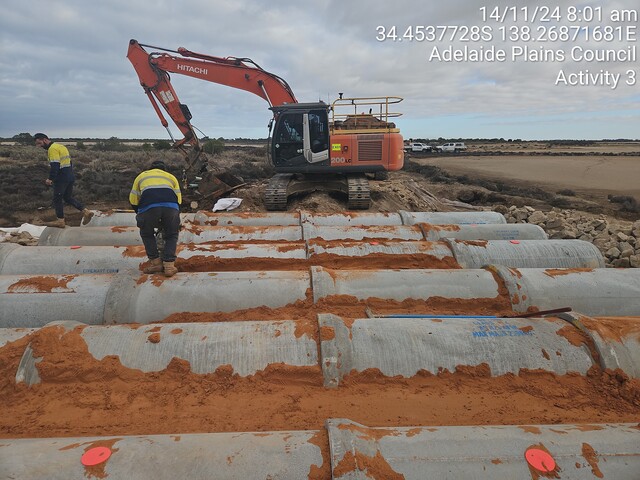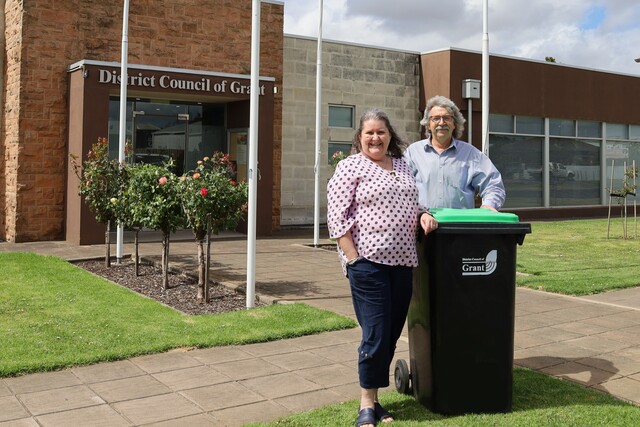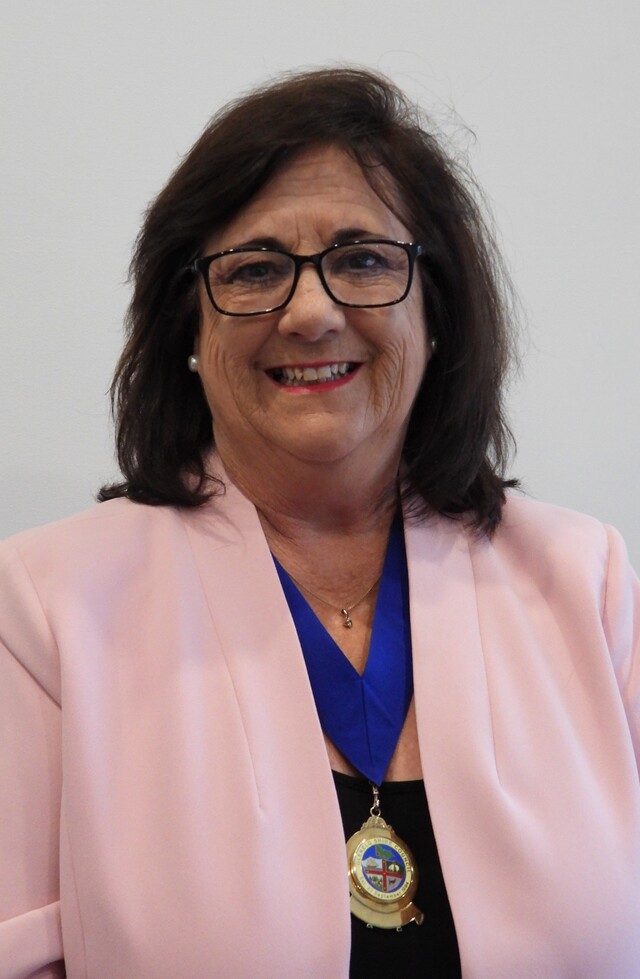An interview with Frank Pearce, General Manager, City of Glenorchy, Tasmania
“Senior Local Government managers need a strong political sense to be able to manage the interface between elected members and staff,” said General Manager of Glenorchy Council, Frank Pearce.
“I strongly believe in involving staff in identifying and resolving their own problems, and organising their own work within Council’s overall strategic direction. It is important to recognise their skills, seek their views and assistance and listen to what they have to say. They need to be given the space and flexibility to develop their own jobs, but in return I expect a high level of commitment and performance.”
Frank Pearce worked in a variety of positions with both the State and Commonwealth Governments in Western Australia before beginning his Local Government career at Director level at the City of Fremantle in 1994. In 2001, he moved to the City of Glenorchy in Tasmania as General Manager, where he has been ever since.
Frank said crucial to this role is ensuring that elected members receive high quality advice and information to help them make decisions and to facilitate their interactions with the community. His second focus is overseeing the day to day operations of Council, ensuring that Council decisions are implemented efficiently and effectively, and that he is getting the best out of his staff.
“Financial sustainability is a major issue for many councils in Australia, including Glenorchy,” Frank Pearce said. “Traditionally, we haven’t allocated enough resources to our deteriorating infrastructure and we often took shortterm political factors into account at budget time. This has changed in recent years with the development of a strategic asset management framework and strategic financial policies. These are systematically putting more resources each year into renewal, replacement and maintenance of our infrastructure.
“It has required strong commitment and support from elected members, who face the political fallout from the ongoing, above inflation rate increases that are necessary to achieve sustainability.”
Frank Pearce said that while in some States amalgamation has been seen as the answer to skills shortages and financial sustainability issues, he believes that structured resource sharing and/or regionalisation of service delivery can provide a similar benefit while still maintaining local democracy.
In looking closer to home, Frank said the big issue in Tasmania at the moment is the State Government’s restructure of the water and sewerage sector, previously operated by Councils.
“With water and sewerage accounting for around a third of Glenorchy’s assets and annual budget, the removal of direct service delivery from Local Government in July 2009 will have a huge impact on my organisation, as it will with every other Council in Tasmania,” he said.
“Climate change is another issue that will affect all Councils, if it isn’t already. Glenorchy has been actively involved in the Cities for Climate Protection program, having achieved milestone five. But emissions management isn’t the only concern. Councils also need to predict and manage the future impacts of climate change on their infrastructure and their communities. We could spend an awful lot of money on this, so Glenorchy is in the process of developing a strategy to best target our climate change responses.”
Frank Pearce said in addressing all challenges, it is important to have a clear understanding between elected members, the General Manager and staff, about their relative roles and responsibilities. He said it can be extremely damaging if the relationship between some elected members and the organisation breaks down.
“The other key issue for me is the need to develop a strategic approach at management and elected member level so that decisions are made for the longterm benefit of the community,” he said.







